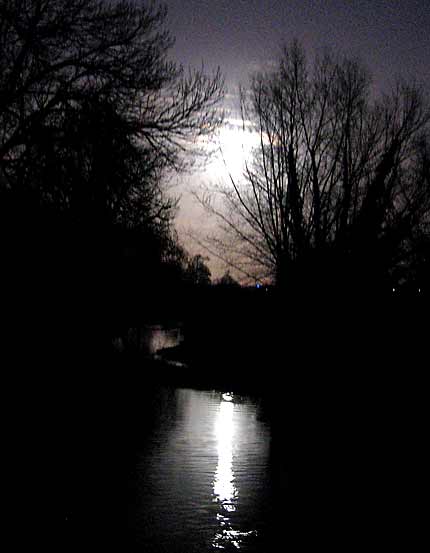The antispam industry is struggling to keep up with the surge. It is adding computer power and developing new techniques in an effort to avoid losing the battle with the most sophisticated spammers.
It wasn’t supposed to turn out this way. Three years ago, Bill Gates, Microsoft’s chairman, made an audacious prediction: the problem of junk e-mail, he said, “will be solved by 2006.” And for a time, there were signs that he was going to be proved right.
Antispam software for companies and individuals became increasingly effective, and many computer users were given hope by the federal Can-Spam Act of 2003, which required spam senders to allow recipients to opt out of receiving future messages and prescribed prison terms for violators.
According to the Federal Trade Commission, the volume of spam declined in the first eight months of last year.
But as many technology administrators will testify, the respite was short-lived.
“At the beginning of the year spam was off our radar,” said Franklin Warlick, senior messaging systems administrator at Cox Communications in Atlanta.
“Now employees are stopping us in the halls to ask us if we turned off our spam filter,” Mr. Warlick said.
Mehran Sabbaghian, a network engineer at the Sacramento Web hosting company Lanset America, said that last month a sudden Internet-wide increase in spam clogged his firm’s servers so badly that the delivery of regular e-mail to customers was delayed by hours.
To relieve the pressure, the company took the drastic step of blocking all messages from several countries in Europe, Latin America and Africa, where much of the spam was originating.
This week, Lanset America plans to start accepting incoming mail from those countries again, but Mr. Sabbaghian said the problem of junk e-mail was “now out of control.”
Antispam companies fought the scourge successfully, for a time, with a blend of three filtering strategies. Their software scanned each e-mail and looked at whom the message was coming from, what words it contained and which Web sites it linked to. The new breed of spam — call it Spam 2.0 — poses a serious challenge to each of those three approaches.
Spammers have effectively foiled the first strategy — analyzing the reputation of the sender — by conscripting vast networks of computers belonging to users who unknowingly downloaded viruses and other rogue programs. The infected computers begin sending out spam without the knowledge of their owners. Secure Computing, an antispam company in San Jose, Calif., reports that 250,000 new computers are captured and added to these spam “botnets” each day.
The sudden appearance of new sources of spam makes it more difficult for companies to rely on blacklists of known junk e-mail distributors. Also, by using other people’s computers to scatter their e-mail across the Internet, spammers vastly increase the number of messages they can send out, without having to pay for the data traffic they generate.
“Because they are stealing other people’s computers to send out the bad stuff, their marginal costs are zero,” said Daniel Drucker, a vice president at the antispam company Postini. “The scary part is that the economics are now tilted in their favor.”
The use of botnets to send spam would not matter as much if e-mail filters could still make effective use of the second spam-fighting strategy: analyzing the content of an incoming message. Traditional antispam software examines the words in a text message and, using statistical techniques, determines if the words are more likely to make up a legitimate message or a piece of spam.
The explosion of image spam this year has largely thwarted that approach. Spammers have used images in their messages for years, in most cases to offer a peek at a pornographic Web site, or to illustrate the effectiveness of their miracle drugs. But as more of their text-based messages started being blocked, spammers searched for new methods and realized that putting their words inside the image could frustrate text filtering. The use of other people’s computers to send their bandwidth-hogging e-mail made the tactic practical.
“They moved their message into our blind spot,” said Paul Judge, chief technology officer of Secure Computing…




